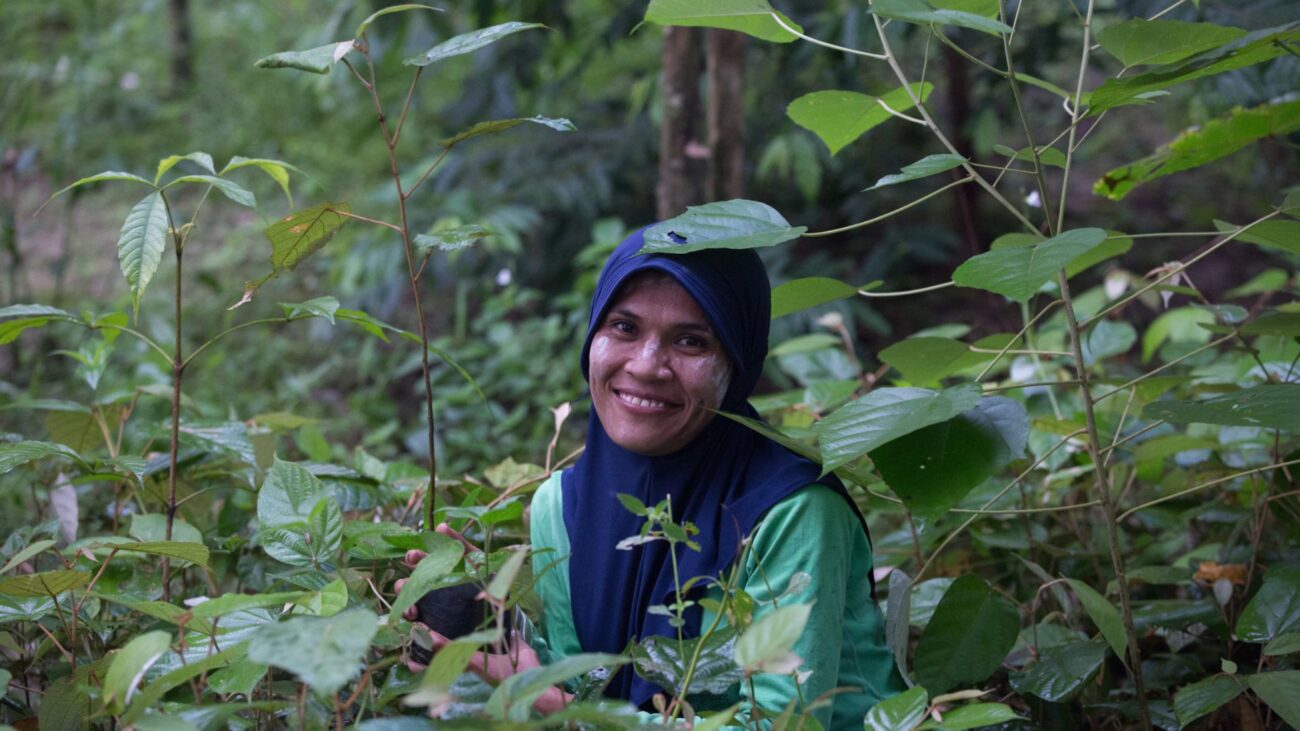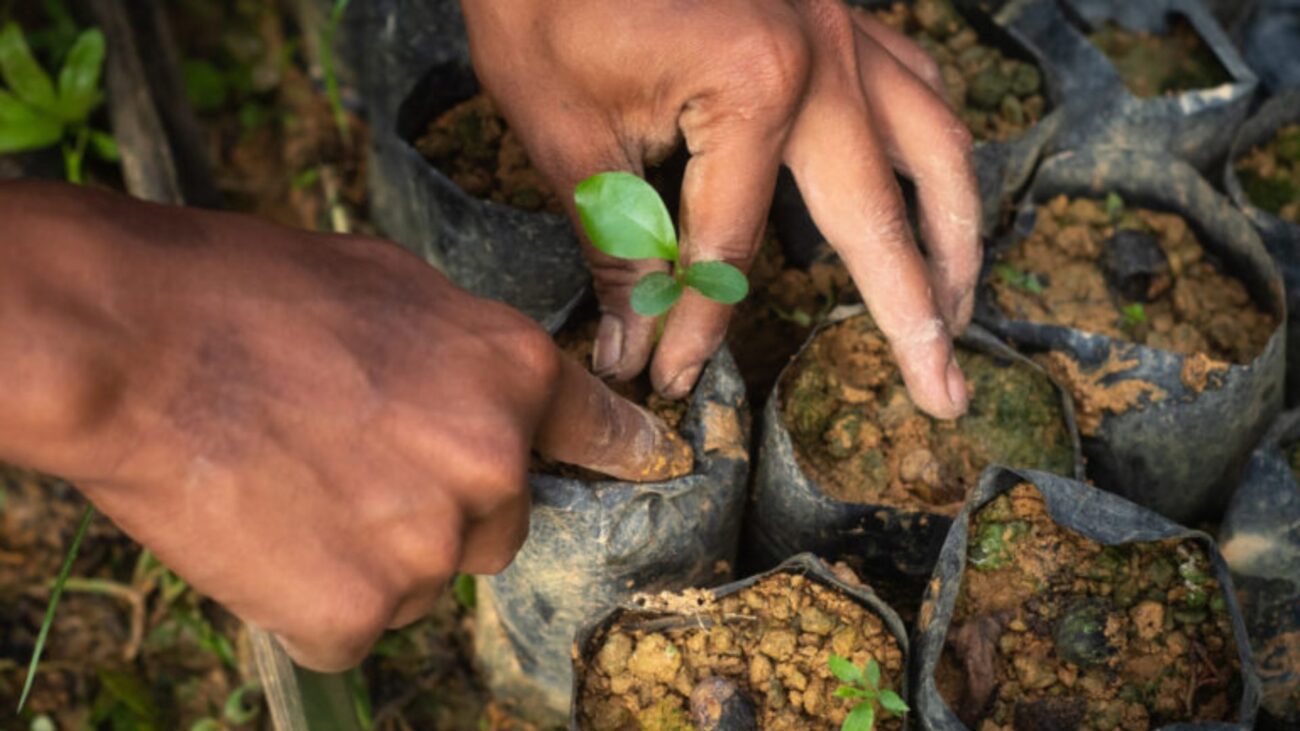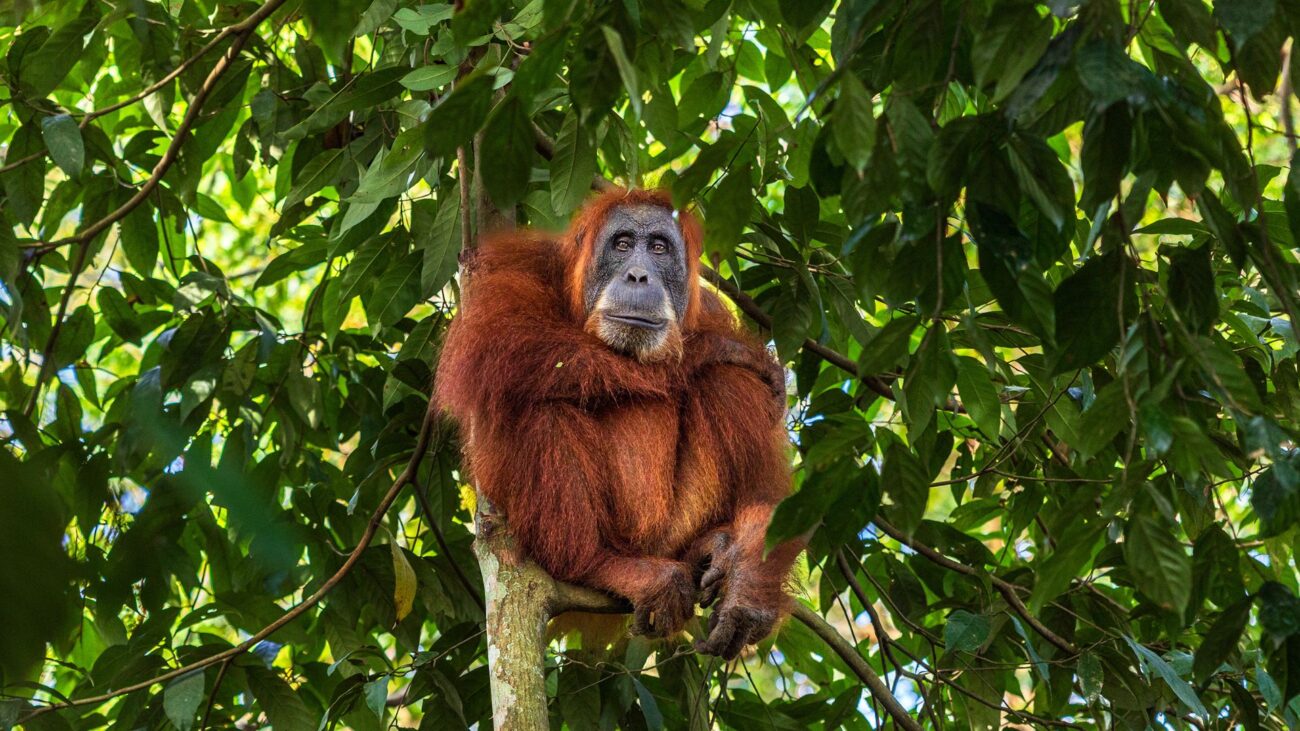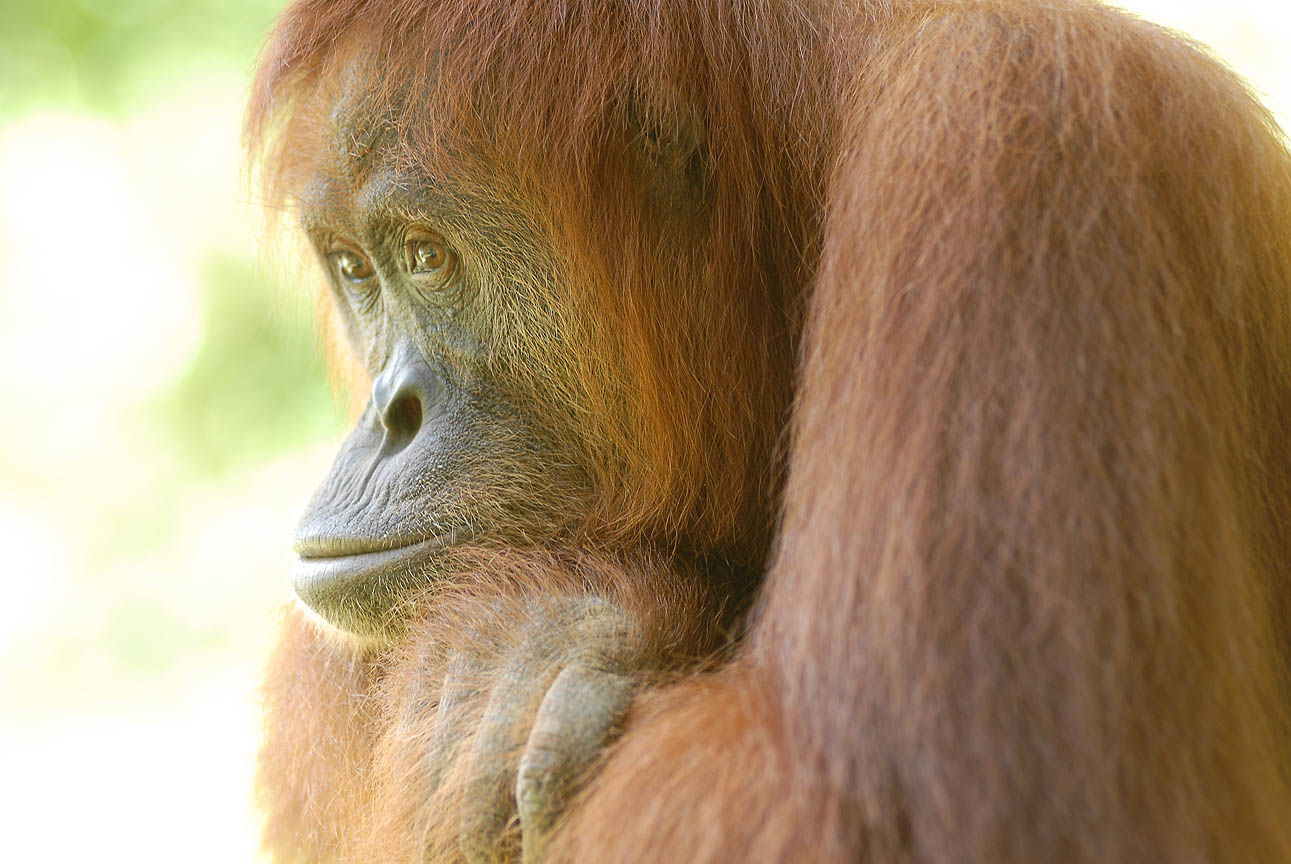
At its core, social forestry is a partnership between government forest departments and local communities. It aims to transfer management rights of forest land to the communities living alongside these precious ecosystems, empowering them to utilise and conserve forest resources.
In Indonesia, the social forestry scheme plays a pivotal role in the nation’s strategy to promote sustainable forest management and alleviate poverty. The scheme is an integral component of Indonesia’s broader environmental and social development goals, aiming to balance ecological sustainability with community welfare.
Social forestry licences can be issued in several ways, from allowing villages to manage state forest areas, to granting Indigenous communities rights to manage their ancestral forest lands.

Indonesia’s social forestry scheme has shown promising results in both forest conservation and community development. Over 4.4 million hectares have been designated for social forestry, involving millions of people in sustainable management practices. However, challenges remain, which we – alongside our frontline partners – are helping communities to overcome:

At the Sumatran Orangutan Society (SOS), we support our partners on the ground in Sumatra to provide a secure future for orangutans, people, and their rainforest homes. At the heart of our approach is a steadfast commitment to Sumatra’s rural communities.
We believe that forming open, genuine and long-lasting relationships with local communities is the key to protecting orangutans in the wild. We support community-centred conservation: an approach that listens to the needs of local communities and ensures they have a central role in programme planning and decision-making.
Social forestry presents a unique opportunity to create a win-win situation for people, wildlife and the environment. By investing in this approach, funders can enhance its impact, address challenges and scale up successful models. Ultimately, moving us ever closer to our vision of wild orangutans thriving in resilient forests.
We’re grateful to our donors for supporting the complex and vital work that goes into achieving these results. Thank you to Size of Wales, ERM Foundation, Ernest Kleinwort Charitable Trust, European Outdoor Conservation Association (EOCA), and Paul Jennings and Jeanette Dunn Charitable Foundation.
You can help protect Sumatra's Orangutans. Click to get updates
